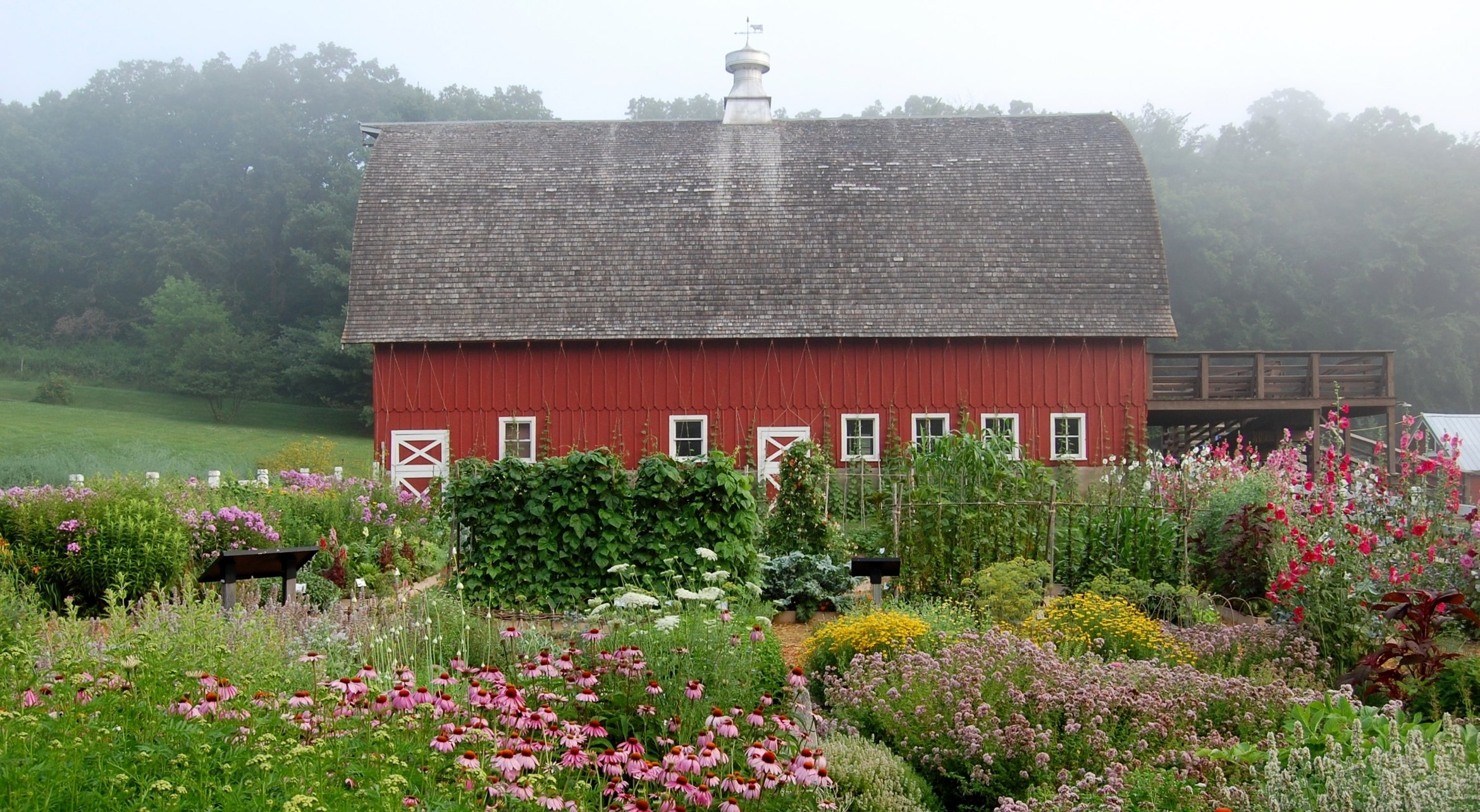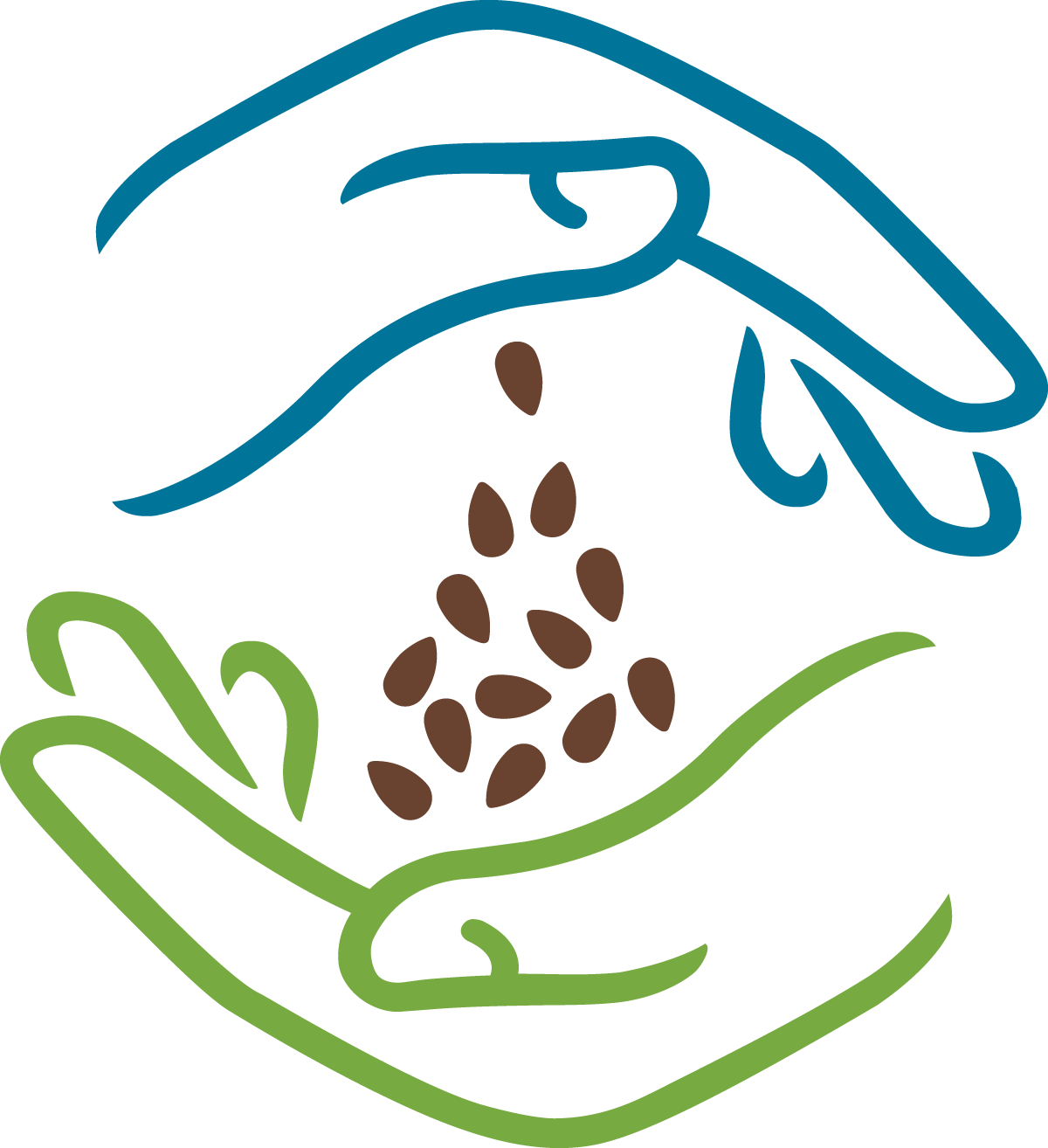Community Profile: Flint, Michigan - Casting a Vote for Seeds
/Adaptation, Heirlooms, and The Flint Seed Democracy
At the intersection of isolation and community lies Flint, Michigan.
With a population that has declined to almost half of its peak of 200 thousand residents in 1960, there are only three grocery stores that serve most of Flint. Upkeep of the nearly 3 thousand vacant lots costs the city almost a million dollars annually. Periods of financial emergency have plagued the city for the last few decades and crime rates have skyrocketed as the General Motors plants that drew people to Michigan’s “Vehicle City” closed and were demolished.
Fischer Body Plant in Flint, MI. By Patrickklida (Own work), via Wikimedia Commons
And yet...
Over 200 community gardens are present in Flint. The adoption of the city’s first long-range master plan in over 50 years is invigorating community gardening and urban agriculture enthusiasts with the mapping of “Green Innovation” areas and “Green Neighborhoods.” Groups like Edible Flint are distributing “Garden Starter Kits” to individuals who want to take back control of their food production, and organizations like The Flint Seed Democracy are helping them to take back control of their seeds through teaching classes in seed saving, petitioning seed companies across the nation for free open-pollinated seed packets, and distributing these packets throughout the community.
While best known for its long and storied history in manufacturing, Michigan’s second largest industry is agriculture. It’s no surprise, then, that in the face of massive economic setbacks people would turn to food production as a means of making ends meet.
Soybeans grown in Flint, Michigan. (Photo credit Russ Bedford)
Except that it is surprising.
The population of Flint is 56.6% African American and many families came to Michigan during the Great Migration in the early to mid part of the 20th century. Their traditions of gardening and preserving food ware left behind as they moved north to find jobs working for General Motors. Those families had experienced soul-crushing poverty as sharecroppers and slaves. Rejecting their garden heritage and its insidious ties to slavery came as a part of this migration, whether by choice or by chance.
Given these factors, the revival of gardening, food production, seed saving, and a community based around these activities is a triumph and an inspiration.
It was at a monthly crowd-funding dinner two years ago that Russ Bedford presented the plan for The Flint Seed Democracy -- uniting gardeners across the city limits of Flint to grow open-pollinated, non-GMO seeds, save them, and from those cultivate locally adapted varieties after several seasons. He wasn’t the only one with an idea to share, but those in attendance at Flint SOUP’s monthly dinner voted that the evening's funds, gathered from a $5 fee for each diner at the door, would be given to Russ to make this project a reality.
Originally interested in self-sufficiency and rural living, Russ chose to build a life centered on his new marriage, their home and 1/12 of an acre lot, and their community. He wanted to maximize his impact for effort ratio and designed The Flint Seed Democracy to require very little maintenance on his part. Instead the group relies on the goodwill of seed companies who have signed the Safe Seed Pledge and gardeners who share his passion for a community that produces its own seeds.
By taking donations of vegetable seed, combining and repackaging them by species, then making them available to local gardeners, The Flint Seed Democracy is hoping to keep crops for food and seed firmly rooted in the local climate and economy. This may seem a little controversial to the seasoned seed saver out there -- not maintaining a specific variety with a name and history -- but Russ has a vision for Genesee County that includes locally adapted selections provided by an organization with a strong sense of place.
Oh, and if you were wondering about the name:
“The goal of the Flint Seed Democracy is to breed vegetable varieties selected over time by Flint-area gardeners that will perform well in our conditions and that will reflect our unique preferences. Each seed returned is like a vote, both from the gardener and the garden. Hence, The Flint Seed Democracy.”
Carrying a job to pay the bills allows Russ to run The Flint Seed Democracy “after hours” so to speak – attending green fairs and festivals to talk to consumers about seeds, scheduling speaking and teaching events with local groups to illustrate the art of seed saving, and distributing packets to the community. He even takes time to help educate new growers on seed starting. “I had one woman who didn’t know tomatoes came from seeds,” he stated. “She had always purchased plants at the store and never started her own.” Overcoming educational hurdles when it comes to basic gardening is just one step, though, in the long and complicated path to cultivating a community of seed savers.
It’s hard to tell at this point if the group will ever achieve status or renown as a seed source centered in Flint, Michigan.
Still, every year that seeds are grown and then donated back to the group brings them closer to their goal of a true community seed bank, developed by people living there to reflect their values, their choices, and foods that complement their climate.
When asked about his plans for the future of The Flint Seed Democracy, Russ reflected on the size and scale of the project. At the moment he can manage the project on his own with help from family, friends, and community groups like Edible Flint, Keep Genesee County Beautiful, Flint SOUP, and others. He doesn’t see it growing much larger, though, as his focus is on this one particular county. He hopes that other communities take an interest in adapting heirlooms to their climate and developing their own varieties from open-pollinated seed sources. If they find inspiration in the model that Russ has developed, that would satisfy his need for the program to grow – for now at least.
The Rebirth of Flint: A Seed Movement?
Flint is using many avenues beyond gardening and seed saving to bring about change, but the people of Flint are funding projects that they find useful, imperative, and practicable. How promising, then, that one of those projects is The Flint Seed Democracy and that the people of Flint are expressing an interest in controlling the destiny of their seed supply.
Seed Savers Exchange is a non-profit organization located in Decorah, Iowa, with a mission to conserve and promote America's culturally diverse but endangered garden and food crop heritage for future generations by collecting, growing, and sharing heirloom seeds and plants.














